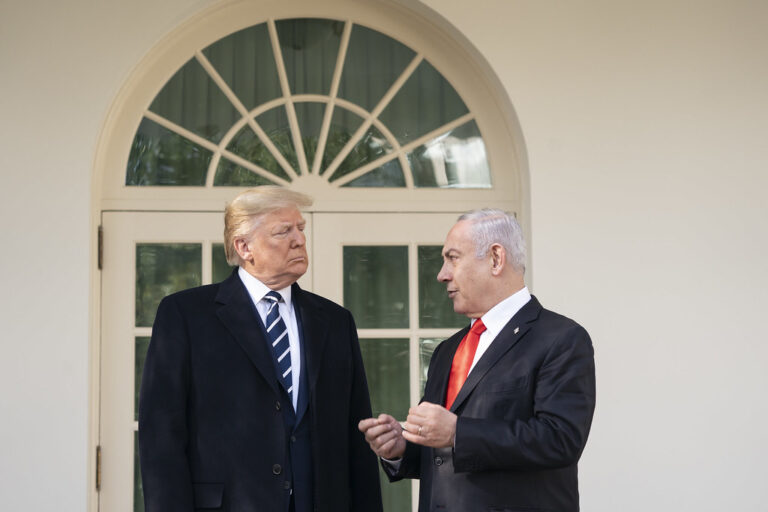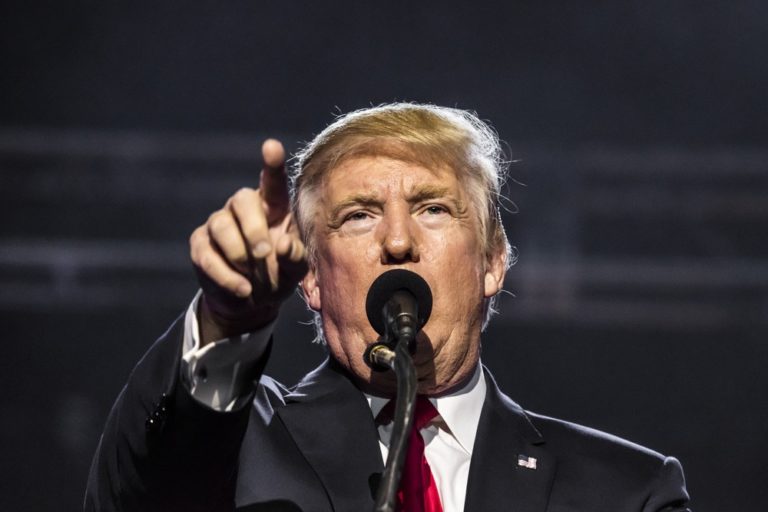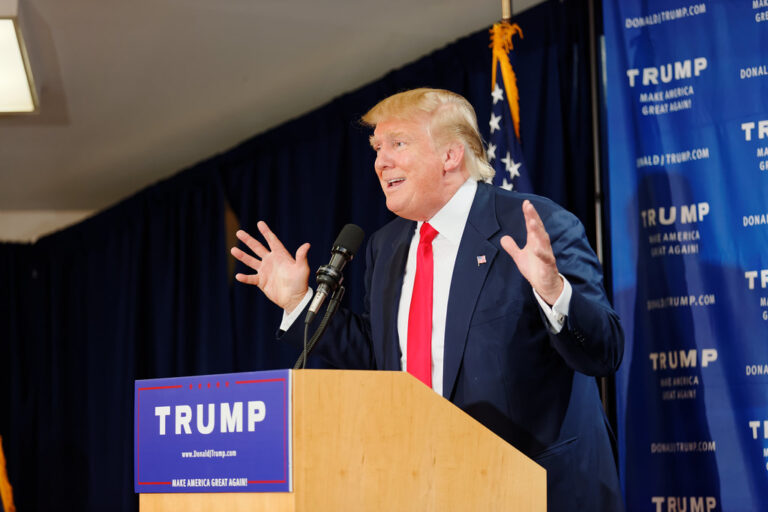Key Takeaways:
- Scott Jenkins, former sheriff of Culpeper County, Virginia, accepted over $75,000 in bribes.
- He gave law enforcement authority to local businessmen and two undercover FBI agents.
- His co-defendants pleaded guilty, while Jenkins was convicted quickly by a jury.
- His case highlights the consequences of corruption in leadership.
A Sheriff’s Betrayal: The Fall of Scott Jenkins
Imagine a man who wore a badge to protect and serve his community. But instead of upholding the law, he broke it for money. This is the story of Scott Jenkins, a former sheriff in Virginia, who let greed ruin his career and reputation.
Jenkins was once a respected figure in Culpeper County. People trusted him to keep them safe. But behind the badge, he was making deals that would shock everyone.
The Bribery Scheme Revealed
Jenkins accepted over $75,000 in bribes. He used his power to give special favors to local businessmen. These favors were not small; they included giving law enforcement authority to people who shouldn’t have it. Two of these “businessmen” were actually undercover FBI agents.
authorities gathered strong evidence against Jenkins. They had undercover videos and other proof showing his wrongdoing. This evidence was so clear that his co-defendants saw no point in fighting the charges. They pleaded guilty, knowing they were caught red-handed.
A Quick Verdict
When Jenkins’ case went to trial, jurors didn’t hesitate. After hearing the evidence, they took just two hours to reach a decision. They found him guilty, showing how strong the case against him was.
The Consequences of Corruption
Jenkins’ actions left many questions. How could someone sworn to uphold the law betray that trust so blatantly? His greed not only harmed his community but also damaged the trust people have in law enforcement.
The case of Scott Jenkins serves as a reminder of the importance of accountability. It shows what happens when power is misused and how the justice system works to hold people responsible for their actions.
The Lessons Learned
The story of Scott Jenkins is a cautionary tale about the dangers of corruption. It reminds us that no one is above the law, not even those who enforce it. His downfall is a reminder of the importance of integrity and the consequences of letting greed take over.
As Jenkins faces the consequences of his actions, his story becomes a lesson for us all. It shows how quickly trust can be broken and how important it is to stand by the principles of honesty and fairness.










